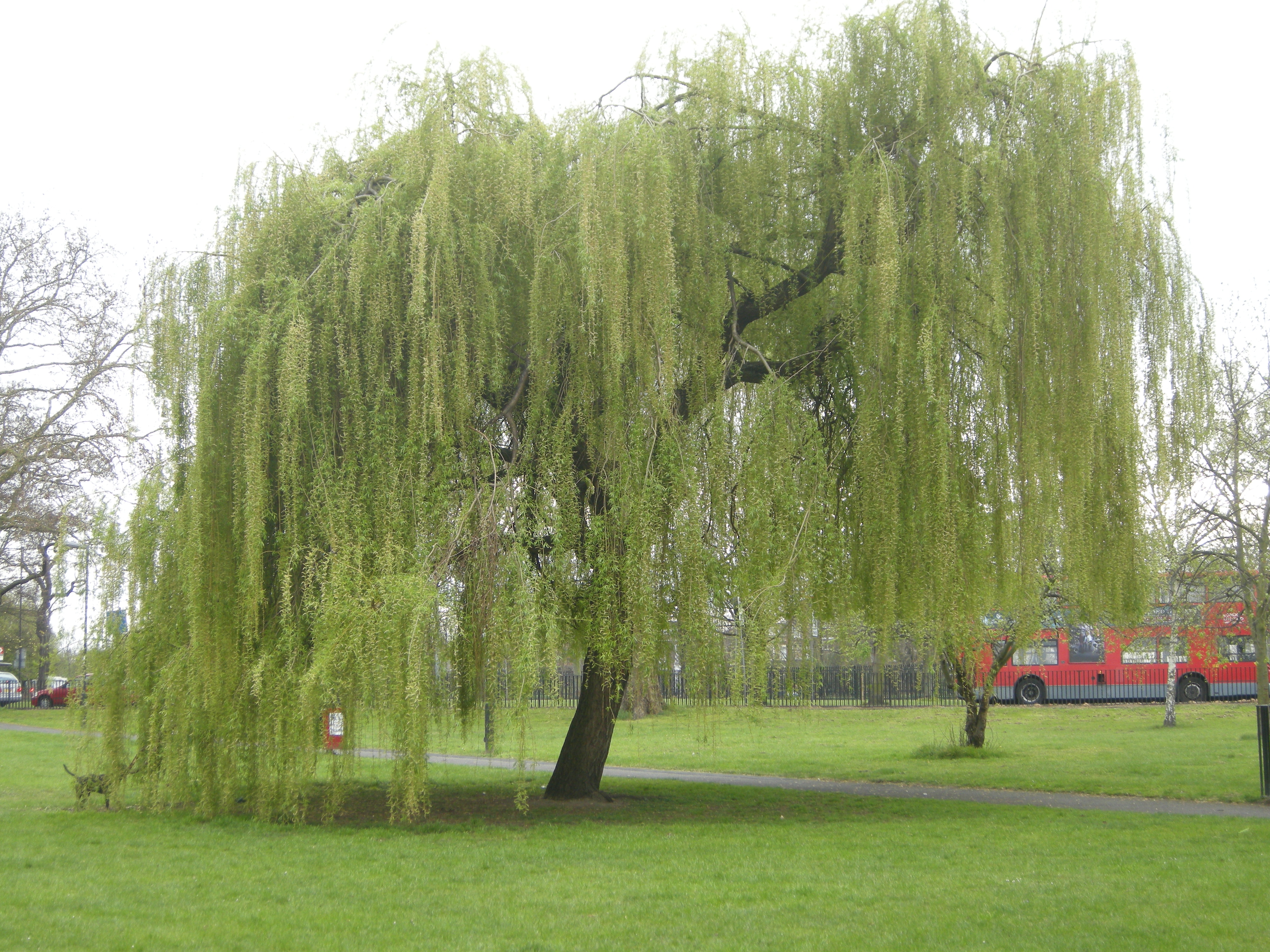Below is a picture of a recently deceased tree. It was cut so the tree rings are fairly visible. After meticulously counting, I found there to be about 66 rings, which would account for 66 years of life. The outer layer of bark does not count for a tree ring. I have dotted the tree in several places and connected them with significant dates in history in the last 66 years.
red 2004- start of google
black 1992- year I was born
Green 1991- fall of soviet union
Pink 1972- water gate scandal
blue- MLK assasination
Thursday, April 24, 2014
Traffic Study
At 2:50 pm in Mercer village I sat down to gather data for a traffic study on Thursday. There was a fairly steady flow of traffic which was occasionally difficult to keep up with. The vehicle type, amount of passengers, and amount of divers distracted by their cell phones were recorded. The sampling lasted for only eight and a half minutes (mainly because I was running out of room for certain spots on my data sheet). The data is presented below.
Trees and bushes
One common tree in Macon Georgia is the cherry blossom. Macon is famous for its high population of Cherry blossom. It is rare in just about any other area in the United States. It's scientific name is Prunus yedoensis.
A common evergreen in the area is the lobolly pine. Its scientific name it the Pinus taeda. They are commonly found in the south east region of the USA. They are referred to as a type of yellow pine.
A common evergreen in the area is the lobolly pine. Its scientific name it the Pinus taeda. They are commonly found in the south east region of the USA. They are referred to as a type of yellow pine.
Another common tree is the weeping willow. Its scientific name Salix babylonica and originated in northern China, but now it planted all around the world.
A shrub commonly used for decoration with red leaves is the burning bush. Its scientific name is Euonomus atlata. It comes from Eastern Asia and is considered an invasive species in some regions of the northeastern united states.
The last shrub we will discuss is the crepe myrtle. It is another decorative shrub in our region. It native to East Asia and Australia. Its scientific name is lagerstoemia.
Mitochondrial Eve
Mitochondrial Eve is the first mother of the modern human species. All humans can trace there descent back to her through a long lineage that eventually traces back to a region in African where it is thought that man kind got there start. Below is a map with the approximate dates and locations of mankind as we spread through out the contents. All mitochondrial DNA can be traced back to mitochondrial eve in Africa approximately 120,000 years ago.
From mitochondrial eve there all all the different descents that we see today. Some examples are discussed below.
Above is a picture of a man of Chinese descent. It is believed that humans reached eastern Asia 40 to 50 thousand years ago.
Above is a picture of Gandhi. He is of Indian descent. it is believed humans moved into this region 55 to 75 thousand years ago.
Above is a picture of a native american. It is believed humans moved into this region 15 to 35 thousand years ago.
Above is a picture of a man of African descent. It is believed humans began in this region 120 to 150 thousand years ago.
Above is a picture of a man of European descent. It is believed humans moved into this region 35 to 50 thousand years ago.
Subscribe to:
Comments (Atom)


